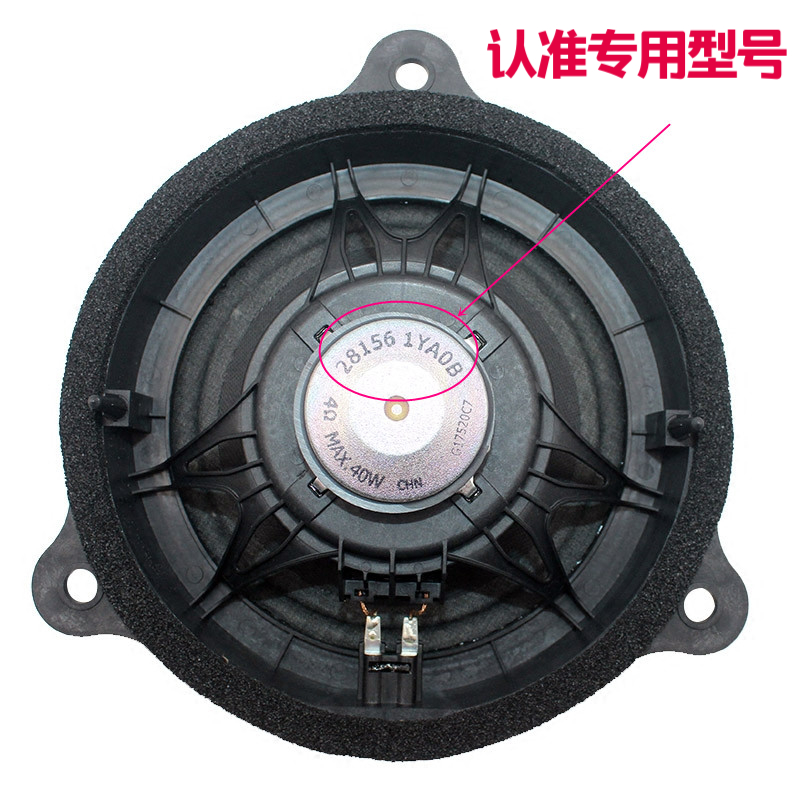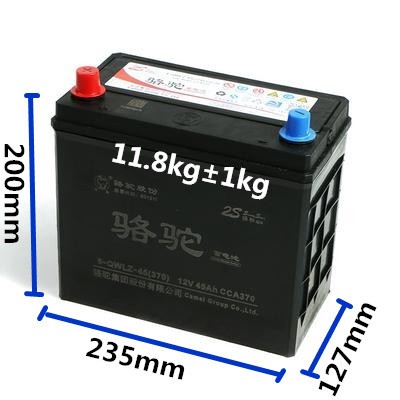[ANALYSIS] What is Seoul aiming for by prioritizing human rights in North Korea?
2024-10-20 03:25:00 点击:754
 |
| People bow to portraits of North Korean leader Kim Jong-un in Pyongyang, in this November 2021 photo. Yonhap |
Peaceful unity impossible without 'revolutionary change' in Pyongyang first: US experts
By Jung Min-ho
After his decision to replace three key figures in charge of handling inter-Korean relations, President Yoon Suk Yeol called on the unification ministry to fundamentally change the way it operates, saying its unification efforts should be based on the Constitution.
Article 4 of the Constitution says that Korea should "formulate and carry out a policy of peaceful unification based on the principles of freedom and democracy."
What does that mean for the ministry's future role and the prospects of unification?
According to U.S. analysts, it would mean achieving freedom and democracy in North Korea first before pursuing peaceful unification. Without a "revolutionary change" in Pyongyang, unification is impractical to attain or maintain, they said. In other words, if the North regime remains as it has always been ― trampling on the freedom of its citizens as a means of holding onto power ― the government under Yoon is unlikely to prioritize efforts to hasten unification, which would not be sustainable anyway.
Allen Pinkston, an analyst on North Korea and a professor of international relations at Troy University in the U.S. state of Alabama, said he does not see "any progress toward unification" as long as North Korea is under its Workers' Party, which is intolerant of any vision of a unified Korea that does not include its system of governance.
"If the Kim regime and the DPRK (North Korea) party-state were to liberalize, democratize, and protect human rights, this would represent a revolutionary change in thinking and identity," Pinkston said.
"Of course, the other possibility is the South coming under the control of the DPRK. I don't think that is likely at all, so the more likely scenario is eventual revolutionary change in the North, and subsequent unification under the democratic ideals as envisioned by the Yoon administration."
His assessment seems to be in line with Kim Yung-ho, nominee for new unification minister. In the past media columns and interviews, the former human rights ambassador expressed his skepticism of unification under two different political systems, saying it would almost certainly lead to civil war as the ongoing conflict in Yemen and many other such failures have shown.
 |
| Kim Yung-ho, nominee for new minister of unification, speaks to reporters while entering the Office of the Inter-Korean Dialogue in Seoul, June 30. Yonhap |
Kim consistently insisted that South Korea should prioritize human rights in its policy toward the North to pressure the regime to change its abhorrent behavior. In comments suggesting regime change, he also called for the end of Kim Jong-un's rule and the "destruction" of North Korea's political system.
Some experts such as Robert Joseph, former U.S. special envoy for nuclear nonproliferation, believe Washington and Seoul should place human rights at the center of their policies on the North, saying that joint international pressure could lead to regime change from within.
It is unclear whether such an upfront, aggressive human rights approach is among the ideas Kim is considering as new minister. What is rather obvious is that the ministry will likely toughen its hardline stance, as he told reporters last week that freedom, human rights and rule of law are among the uncompromising values.
Sean King, senior vice president at Park Strategies, a New York-based advisory firm, said it is wrong to believe that the promotion of human rights conflicts with the goal of unification in the long run.
"Caring and knowing about North Koreans' suffering and plight will only make any eventual Korean reunification more durable and resilient," King said. "Assuming Korea reunited one day under the Seoul system, it should mean something to Koreans in the North that South Koreans cared about their plight while they were separated."





